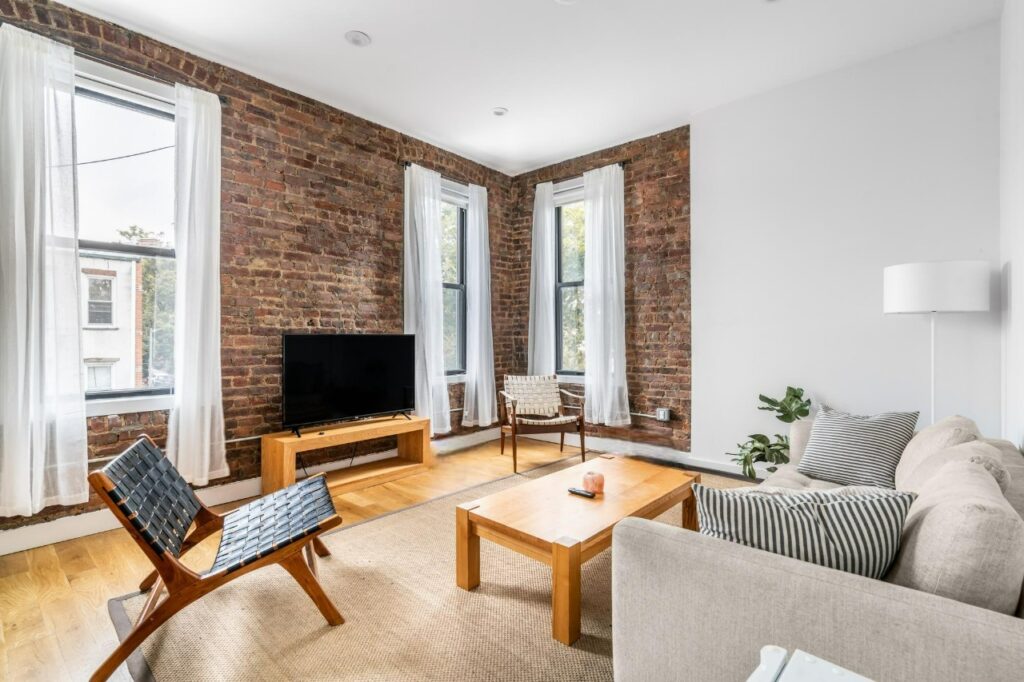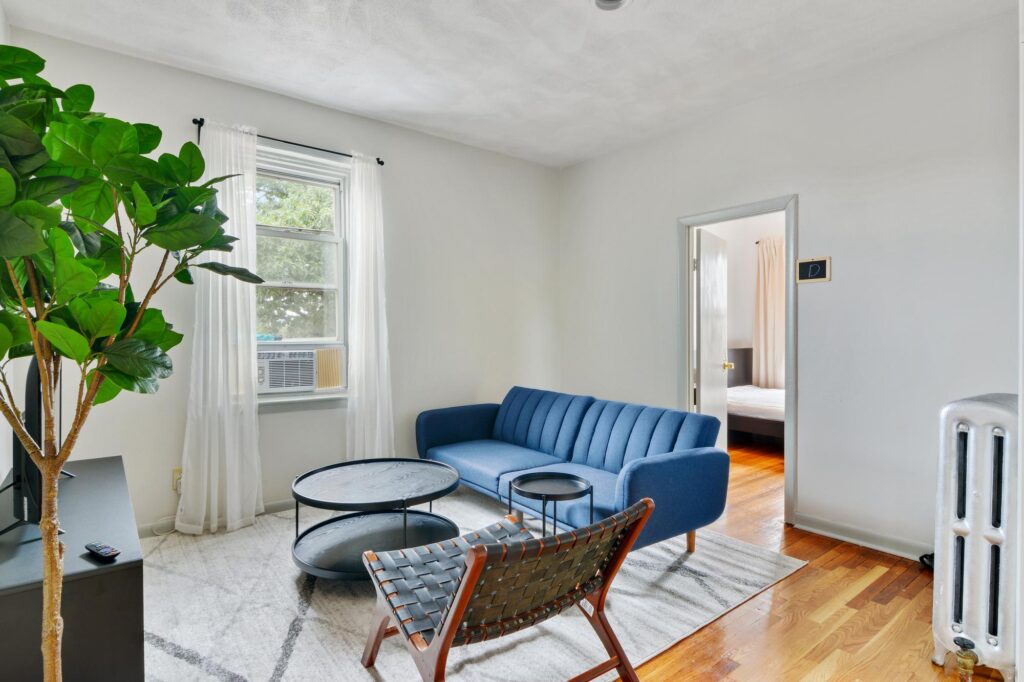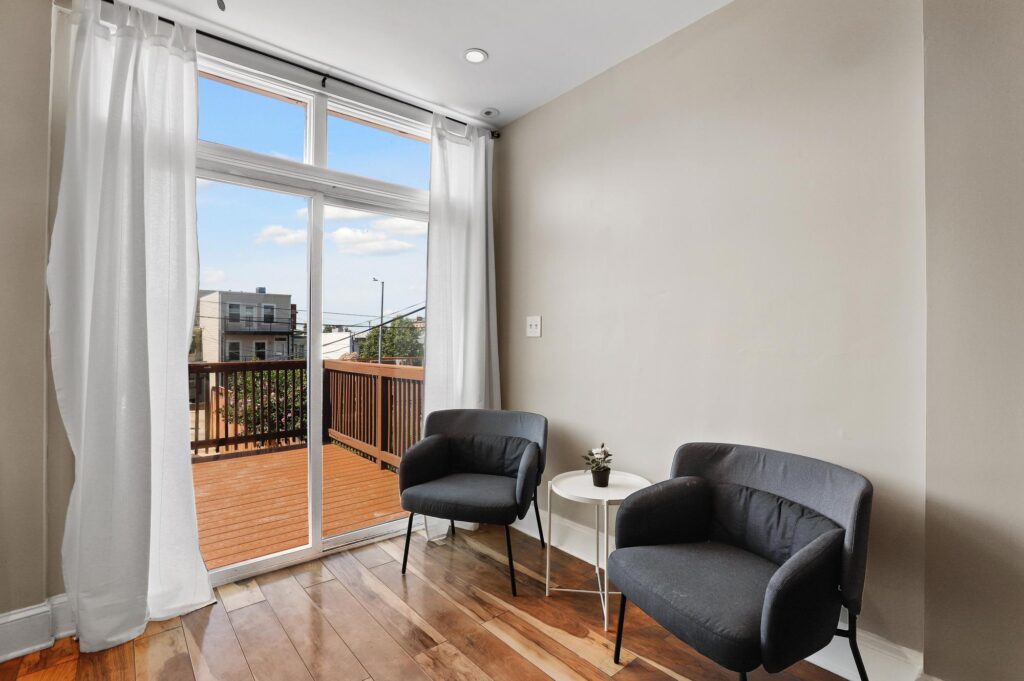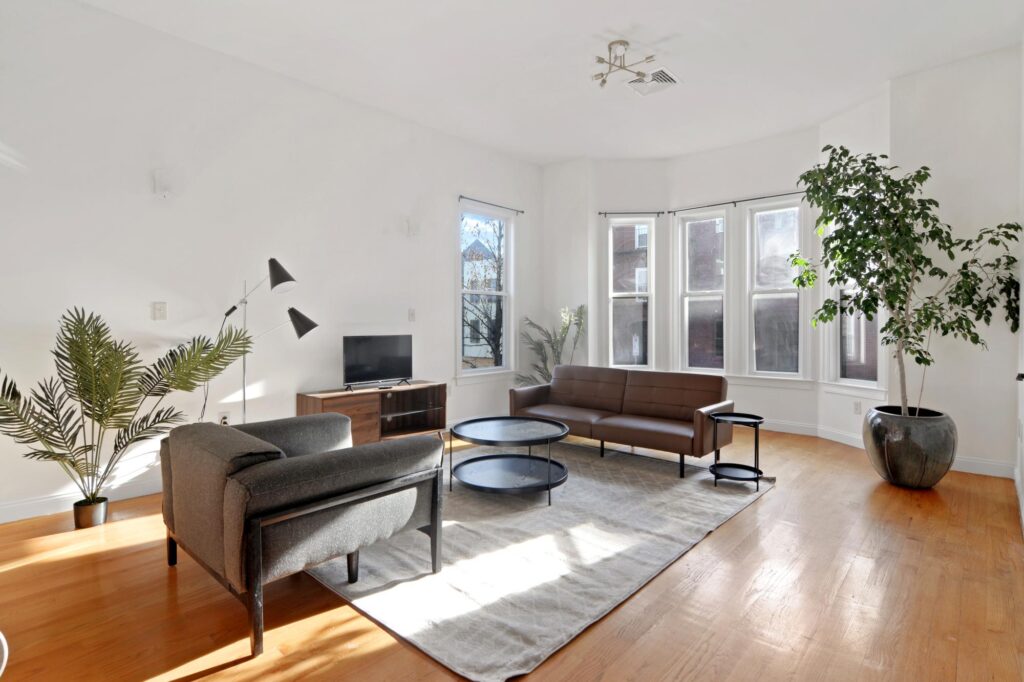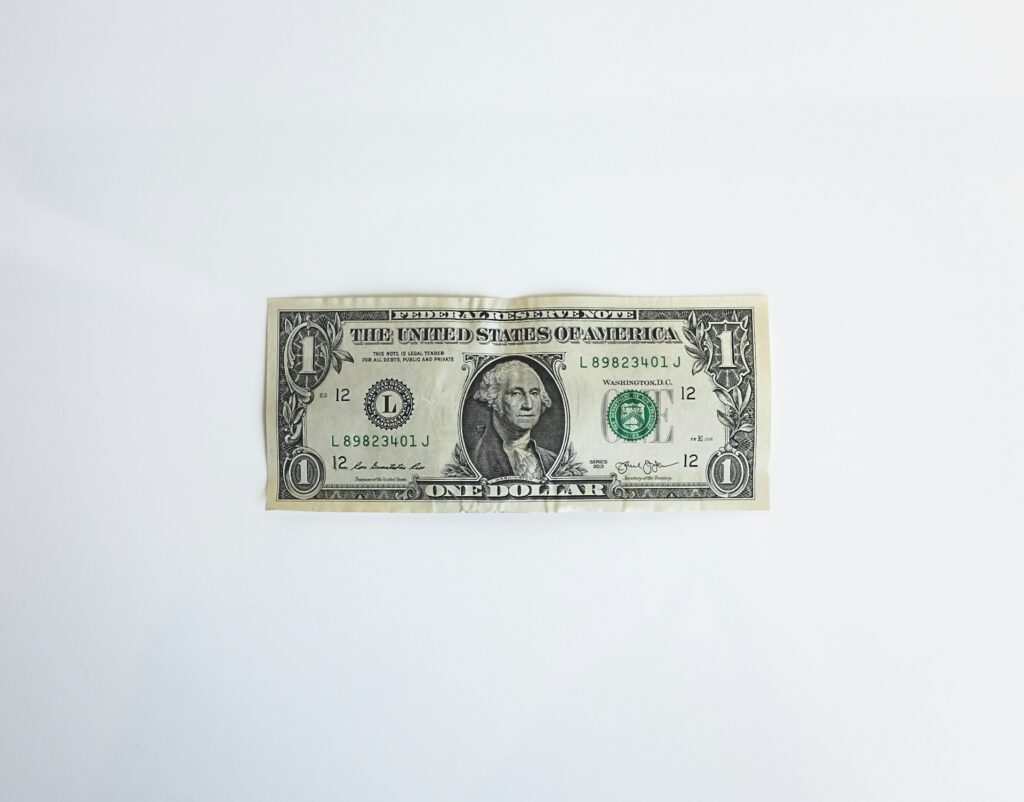
Estimated reading time: 6 minutes
Getting ready to rent a new apartment? This is an exciting time, and you’re no doubt keen to get things moving and those keys into your hands. Just hold up a moment, though. Before signing on the dotted line of the rental contract, there are several hidden costs to be aware of that could be lurking in the document’s fine print. Below, you’ll find some of the most common hidden costs of a rental agreement that could catch you out.
What Unexpected Expenses Could Be in a Rental Agreement?
- Security Deposit: Expect to pay a security deposit in addition to first and last month’s rent; amount varies by state and may be withheld for lease breaches.
- Pet Fees: Check for additional pet deposits ($200-$500) and potential monthly pet rent if you have a pet.
- Parking Fees: Confirm if designated parking spaces are free or require a paid pass.
- Renters Insurance: May be mandatory as per the lease; advisable for personal protection and liability coverage.
- Luxury Amenities: Some amenities (like pools or gyms) may incur monthly charges, regardless of usage.
- Renewal Fees: Be aware of possible renewal fees ($100-$200) when extending your lease.
Enjoy a hassle-free, high-end rental experience for stays of one month or longer in major US cities.

Fully-furnished rooms and apartments with flexible lease. Apply today and move in tomorrow.
Hidden Cost 1: The Security Deposit
While you might have been expecting to pay the first and last month’s rent as part of signing your rental agreement, you may also be required to pay a security deposit in addition to this sum. The amount that a landlord can charge for a security deposit and the regulations surrounding this vary state by state, so check your rental agreement carefully to understand exactly how much you’ll need to pay. In most states, however, landlords are not permitted to use this deposit for regular maintenance work.
Usually, your landlord will be able to keep part or all of your security deposit if you breach the terms of your lease, thereby causing damage to the property. Again, read your rental agreement thoroughly to get to grips with exactly when your landlord can – and can’t – withhold your deposit.
Hidden Cost 2: Pet Fees
If your landlord allows pets, take a close look at the rental agreement to find out whether you’ll need to pay an additional security deposit to cover potential damage caused by your furry friend. This is usually around $200 to $500.
This isn’t the only thing to check for. Some landlords also charge tenants with pets an additional monthly pet rent fee, as well as an extra security deposit, and you’ll find details of this in the small print of your rental agreement, too.
Hidden Cost 3: Parking Fees
One of the things that attracted you to your potential new pad is the handy designated parking space right outside the building, right? It’s best not to assume that this comes for free, however. You might find a sneaky clause in your rental agreement requiring you to pay for the use of this space.
Before signing on the dotted line, be really clear about whether parking is free or if you’ll require a paid-for parking pass in order not to contravene your lease.
Hidden Cost 4: Requirement for Renters Insurance
While it’s not a legal requirement to have renters insurance in place, your prospective new landlord may stipulate that it’s necessary in the rental agreement. This means that, as soon as you sign on the line, you’re contractually obliged to take out a renters insurance policy.
However, while this may be something of a hidden cost, having renters insurance is highly advisable in any case. Such a policy can protect both your stuff and cover you if, for example, a visitor suffers an accident or injury while in your home. Before taking out a policy, though, it’s vital to understand what does rent insurance cover, in order to get the protection that’s best tailored to your needs.
Hidden Cost 5: Luxury Extras and Amenities
Your potential new perfect apartment boasts a swimming pool and gym within the complex – great! But don’t assume that you’ll only pay for these facilities if you use them. Some landlords or management companies will include a clause in their rental agreements to the effect that you’ll be billed a monthly charge for these luxury amenities, no matter if you’re planning on using them or not.
If any high-level or ‘extra’ services are available as part of your rental, do be sure to read the agreement’s fine print particularly carefully to discover exactly how much you’ll be charged for these things on top of your monthly rent.
Hidden Cost 6: Renewal Fees
If you’re planning on staying in the rental property for a significant period of time, check the rental agreement to find out whether a renewal fee will apply. Not all landlords charge this fee, but the majority do, and you’ll find the details of what you’ll pay when the time comes to renew your rent in the rental agreement.
While renewal fees vary, they tend to be in the region of $100 to $200 and are charged to cover the costs related to preparing a new lease as well as processing the paperwork.
The Takeaway
Reading the fine print of a contract is no one’s idea of a fun time. However, going through a new rental agreement with a fine tooth comb means you’ll spot any hidden costs. From here, you can either re-work your budget to take these into account or consider alternative properties. Whatever the outcome, forewarned is always forearmed.

